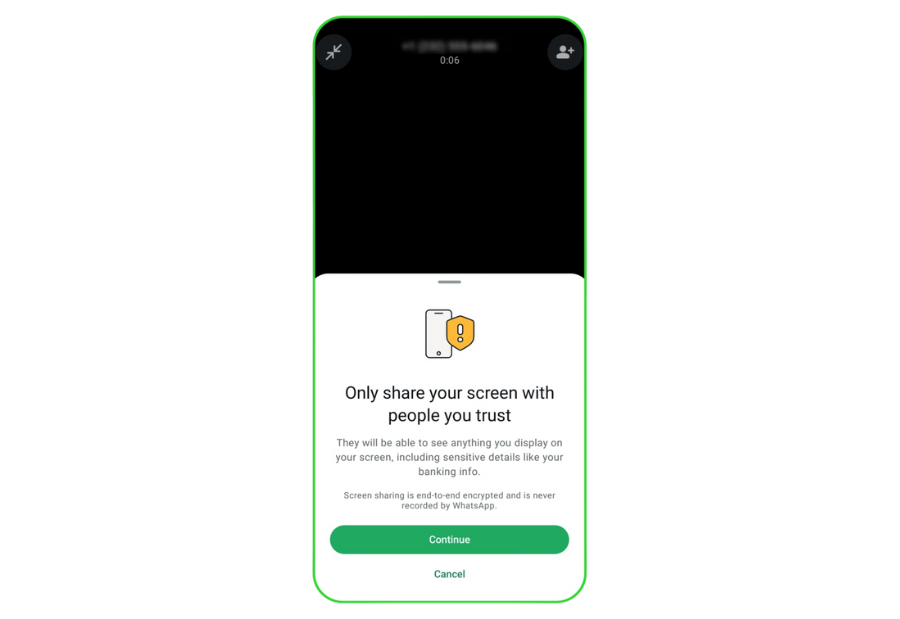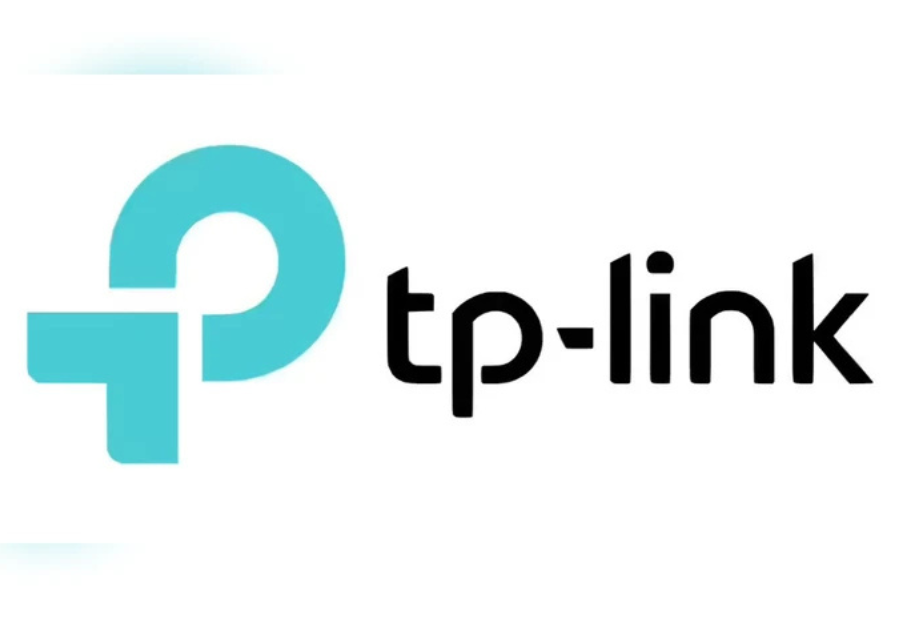Meta is rolling out new anti-scam features on WhatsApp and Messenger aimed at curbing online fraud and protecting vulnerable users. The updates come as part of a broader push to strengthen scam detection across its messaging platforms.
What’s new?
WhatsApp will now display a warning popup whenever a user attempts to share their screen with an unknown person during a video call. This measure is intended to reduce the risk of scammers tricking users into exposing sensitive information, such as one-time passwords or banking details.
In Messenger, Meta is testing a more advanced scam detection system in chats. When enabled, if a message appears potentially fraudulent, the app can warn users and offer them the option to share recent messages with an Artificial Intelligence tool for review. If the system identifies a scam risk, Messenger suggests actions such as blocking or reporting the account.
These features are enabled by default. Users can disable scam detection in Messenger under Privacy and Safety settings.
Meta has also introduced passkey support for WhatsApp, Messenger, and Facebook. In India, it has partnered with the Department of Telecommunications in a campaign named Scams Se Bacho to raise awareness about fraud.
Why it matters?
Scams over messaging apps have grown in sophistication. By prompting warnings and offering AI-based review, Meta is trying to give users more tools to recognize fraud before damage is done.
For vulnerable groups such as senior citizens who may be less familiar with digital fraud tactics, these features could reduce risk. At the same time, raising awareness through campaigns is part of a broader strategy to build trust in WhatsApp and Messenger’s safety framework.
On the flip side, users may have concerns about false positives (legitimate messages flagged incorrectly), privacy implications of sharing messages with an AI tool, and whether such systems may be disabled or turned off by savvy scammers in the future.
What to watch
- How effective the scam warning is in real-life calls
- How many fraud attempts are blocked using AI detection in Messenger
- Whether users disable the feature because of inconvenience
- Regulatory reaction in India around AI-enabled fraud detection tools
Also read: Viksit Workforce for a Viksit Bharat
Do Follow: The Mainstream formerly known as CIO News LinkedIn Account | The Mainstream formerly known as CIO News Facebook | The Mainstream formerly known as CIO News Youtube | The Mainstream formerly known as CIO News Twitter |The Mainstream formerly known as CIO News Whatsapp Channel | The Mainstream formerly known as CIO News Instagram
About us:
The Mainstream formerly known as CIO News is a premier platform dedicated to delivering latest news, updates, and insights from the tech industry. With its strong foundation of intellectual property and thought leadership, the platform is well-positioned to stay ahead of the curve and lead conversations about how technology shapes our world. From its early days as CIO News to its rebranding as The Mainstream on November 28, 2024, it has been expanding its global reach, targeting key markets in the Middle East & Africa, ASEAN, the USA, and the UK. The Mainstream is a vision to put technology at the center of every conversation, inspiring professionals and organizations to embrace the future of tech.




